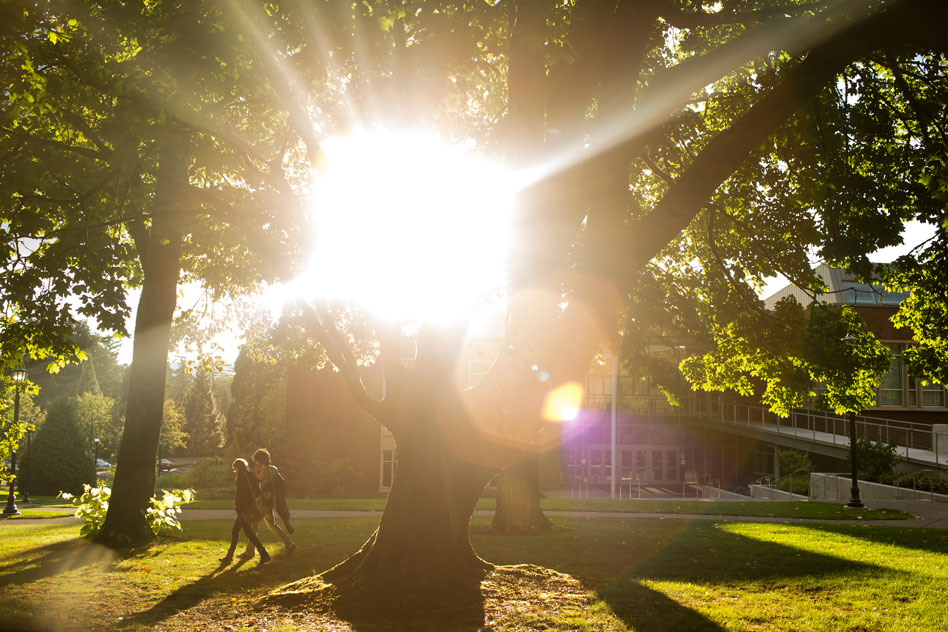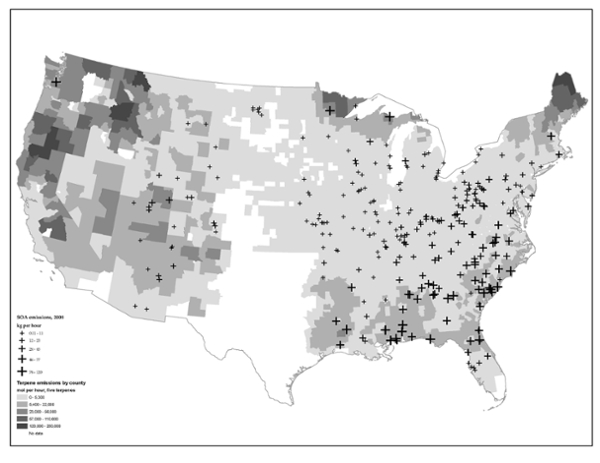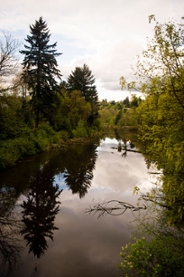
IRIS login | Reed College home Volume 96, No. 2: June 2017
Tags
"environmental studies"
Reed Champions Step Up to the Plate

HERE COMES THE SUN. Reed lovers gave more than $20 million to support the college during FY 2015/16.
Reed alumni, parents, and friends made a series of generous gifts totalling more than $20 million during the fiscal year ending June 30 to meet some of the college’s longstanding—and pressing—needs.
Thanks to their leadership, the college has been able to make progress on several big projects: launching a fully fledged computer science program; completing a long-held goal of a comprehensive program in environmental studies; and renovating the chemistry labs, the sports center, and the cross-canyon residence halls. Support for student research and for preparing for careers beyond college received significant contributions from alumni and parents who believe in Reed students’ talents. Donors also provided funding for Reed’s longest term aspirations: strong financial aid and general support for the endowment and the college’s operations.
“Without philanthropy, Reed could not educate the wide range of students coming to the college nor provide them with the same rigorous academics, opportunities for research, small classes, and overall campus experience that it does today,” said President John R. Kroger. “I thank all of those who contributed. Their support enables Reed to create and recreate one of the finest and most distinctive educational programs in the country.”
Continue reading Reed Champions Step Up to the Plate
Tackle Climate Change—Go Birdwatching
Bald eagles. Great Blue Herons. Mallard ducklings.
Anyone who has taken a study break to walk the forested Reed Canyon trails looking for birds and wildlife knows that connecting with the natural environment creates a sense of belonging and stewardship. Getting city-dwellers into green spaces and urban forests is an effective way to create a culture of conservation. But environmental studies–history major Esther Forbyn ’16 found that some Portlanders, especially traditionally marginalized groups like low-income residents and recent immigrants, can feel excluded from these spaces. Not only are these members of the community missing out on the benefits of communing with nature, the conversation about solutions to environmental problems is lacking important voices.
Continue reading Tackle Climate Change—Go Birdwatching
Researchers clear the air on power plant emissions

The Reed team compared SOA emissions (crosses) with terpene emissions (shaded areas) to gain a better understanding of the impact of power plants on air quality,
Government regulators are not measuring the full effect of power plants on air quality, according to a team of Reed researchers, because they fail to account for the interaction of power-plant emissions with natural emissions from a surprising source—trees.
In some cases, the impact of these so-called “secondary organic aerosols” is almost twice as strong as the pollution that is currently measured at the smokestack, calling into question the adequacy of conventional methods for measuring air quality.
The study by Prof. Julie Fry [chemistry and environmental studies], Prof. Chrs Koski [political science and environmental studies], Kristin Bott [Instructional Technology Services], Marisa Hazell ’15, and Raphaela Hsu-Flanders ’16, published in the June 2015 issue of Environmental Science & Policy, shows that the impact of trees on air pollution is much more complicated than you might think.
Continue reading Researchers clear the air on power plant emissions
Econ Prof Wins $99K Grant to Study Johnson Creek
Prof. Noelwah Netusil [economics 1990–] has won a $99,000 grant from the U.S. Department of Agriculture to investigate how the restoration of Johnson Creek has affected local property values.
The grant will provide $99,256 to Reed for a two-year research project supported by a postbac fellow. For this appointment, Prof. Netusil chose Maya Jarrad ’14, an environmental studies-economics graduate, who will update and verify projects in the Johnson Creek Watershed residing in the conservation registry database. Maya utilized this database for her senior thesis, “Valuation of Urban Stream Restoration in the Johnson Creek Watershed: A Repeat Sale Hedonic Hybrid Analysis,” written with Prof. Netusil.
Continue reading Econ Prof Wins $99K Grant to Study Johnson Creek



